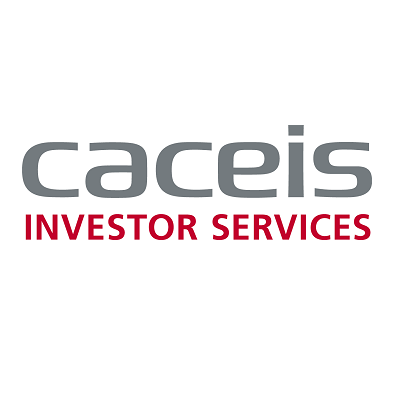CACEIS has been at the forefront of working with asset managers on hybrid funds and today, servicing alternative regulated open ended funds with €8.5billion in assets under custody. Our goal of this survey is to provide the market with insight into the role of hybrid funds, collate feedback into some of the challenges faced by asset managers in servicing this asset class and take a brief look at other areas, such as fund structures.
Demand for hybrid funds growing
Hybrid funds have an important role to play in allowing a wider range of investors to access private markets. Furthermore, there is growing appetite for funds with private equity exposure to build more diversified portfolios and different sources of return. As a result, the demand for hybrid funds is growing. This is validated in the survey, where 88% of respondents cited that they ‘currently offer, or plan to offer, at least one hybrid funds. Traditional managers are active in this area, with over half of all respondents in the survey describing themselves as ‘predominantly traditional investment manages’.
As the demand for hybrid funds grow, it’s no surprise that hiring staff and experts was cited as the top two tasks my respondents in meeting the needs to manage hybrid funds.
Fund structures and models
As hybrid funds make it simpler for a wider range of investors to access private market investments, it’s no surprise that half the survey respondents are prioritising illiquid assets, with a preference for a 70/30 split between illiquid and liquid investments. Private debt was the most popular choice when respondents were asked to rank their priorities for illiquid assets in hybrid funds, followed by private equity and real estate private debt.
Another important aspect of Hybrid funds is their ability to be more outcomes-based. Almost half of all respondents in the survey highlighted the importance of hybrid funds in targeting specific investment outcomes, such as income generation or specific risk/return profiles.
When looking at fund accounting models, over half those responded that have launched hybrid funds have adopted depositary and central administration with the same counterparty. The ability to extract efficiencies is perhaps a key driver in this approach.
Challenges
Not surprisingly, when aggregating private and traditional assets in one fund structure, challenges emerge. Providing transparency was recognised at the biggest challenge, which could include areas like the provision of aggregated reporting. On this topic, a third of respondents highlighted that a lack of standardised reporting for hybrid funds creates difficulties for institutional investors.
In summary, the innovative development in hybrid funds will help address the continuing demand for access to private assets. Our goal of this survey is to provide insight into the role of hybrid funds, future plans in the market and collate feedback into some of the challenges faced by asset managers in servicing this asset class. You can read the detailed report here.
CACEIS has a leading position in asset servicing for private market funds. Nearly ten years ago, CACEIS’ dedicated business line, PERES (Private Equity, Real Estate Solutions), was established with a singular focus on servicing private asset funds. Today, our diversified pool of 750+ professionals within PERES currently oversees over €633 billion in assets under custody and €310 billion in assets under administration for private market funds.




